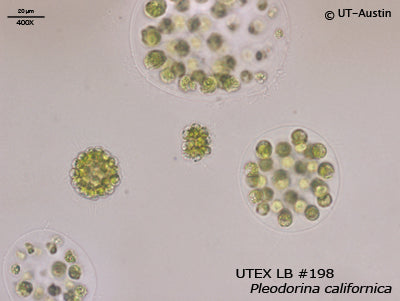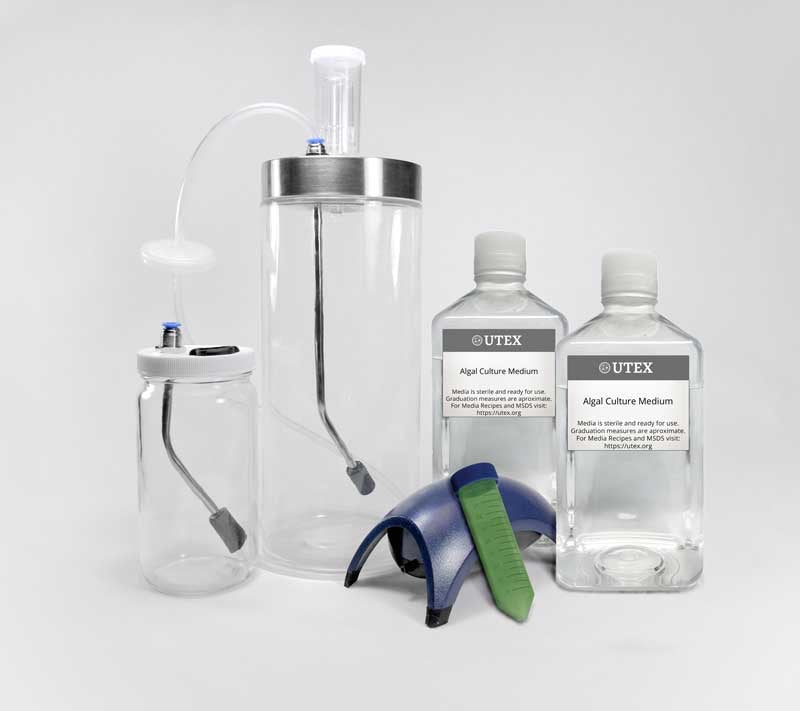Strains that are maintained only in cryopreservation (designated 'cryo only') require a minimum of 4-weeks to grow out before shipment.
Cryopreservation Conditions
| Temperature: | -190 °C |
| Storage: | Vapor phase of liquid nitrogen dewars |
Cryopreservation stabilizes genomic integrity, preserves culture quality, minimizes maintenance costs and reduces the risk of catastrophic loss. A broad variety of techniques employed at the CCAP, at UTEX, and elsewhere, can be found in Day, J.G. and Brand, J.J. Cryopreservation Methods for Maintaining Microalgal Cultures, in Algal Culturing Techniques, ed. R. A. Andersen, Elsevier, Amsterdam, 2006. A relatively simple method that uses a minimum of specialized equipment, yet allows a large variety of microalgae to be cryopreserved with high viability, can be found on the Cryopreservation of Microalgae page.
Preparation of Strains Maintained Only In Cryopreservation For Orders
Strains that are maintained only in cryopreservation (cryo only) require a minimum of 4-weeks to thaw, grow out, and check viability before shipment. An estimated shipping date will be emailed when purchased. Updates via email will be sent if the strain is ready sooner or needs to be delayed further.
UTEX guarantees the identity of the organism as specified in its strain history, but does not quantify the number of organisms or other culture characteristics.








